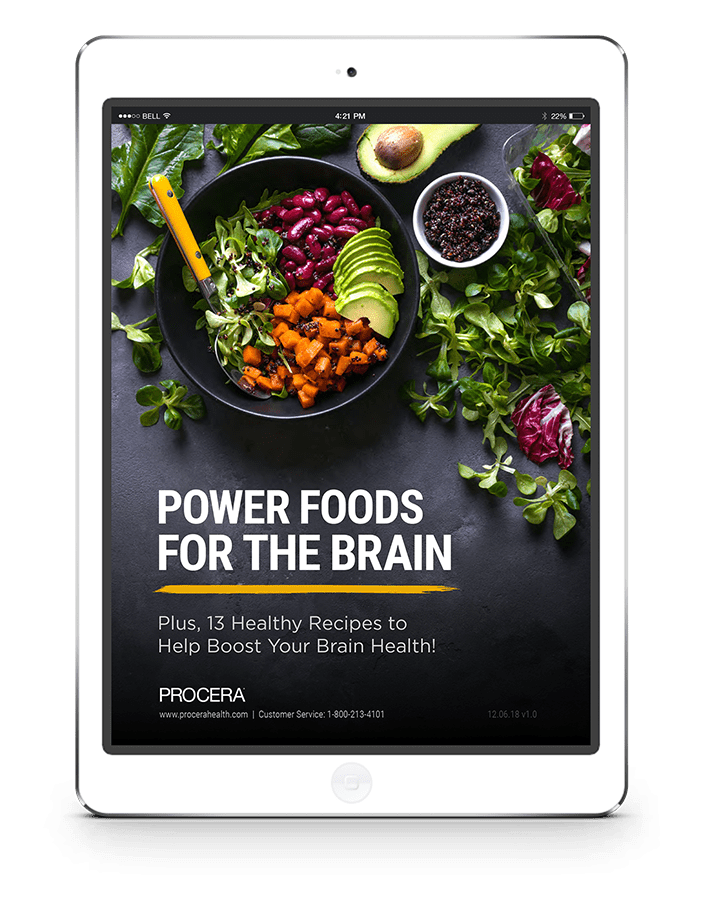
Autophagy is an absolutely essential biological process that plays a key role in the normal functioning and survival of your brain cells. The word autophagy is derived from the Greek words auto and phagein. Autophagy is a self-cleaning mechanism within our cells, which helps your brain detoxify, repair and regenerate itself. It destroys the old, damaged, and malfunctioning components of your cells – and rebuilds new and healthier ones instead!
By inducing autophagy, we are clearing out worn-out and faulty cellular parts within our brain cells. Our cells need to last a lifetime, so autophagy is our body’s unique way of naturally rejuvenating them and defending them from premature aging and serious health issues.
How Does Autophagy Affect Your Brain?
The good news is we have the power to activate autophagy. There are several reliable and natural ways to increase it. And by doing so, you can reduce neuroinflammation, protect the nervous system, encourage the growth of brain cells and improve overall cognitive function.
Healthy Habits That Promote Autophagy
1. Exercise
Exercise is one of the best ways to boost autophagy in the brain. Exercise is a stressor on the body, and the body induces autophagy so that your cells can recover from the stress. All it takes is 30 minutes of aerobic exercise to activate autophagy in the brain. Find an aerobic exercise routine that you enjoy such as walking, jogging, rowing or jump rope and stick with it consistently.
2. Increase Blood Flow
One of best things you can do for you brain health is to optimize blood flow to the brain. Although it’s only 2% of your body weight, the brain consumes 50% of glucose and 20% of the oxygen that is available in the body. The arteries deliver oxygenated blood, glucose, and other nutrients to the brain. The veins carry deoxygenated blood back to the heart, removing carbon dioxide, lactic acid and other metabolic products. Exercise in combination with foods (ex. cayenne pepper & pomegranate) and supplements are a great place to start. Procera Health offers several supplements designed to boost blood flow such as Procera AVH, Procera Memory Support and Procera Advanced Brain.
3. Intermittent Fasting
“One of the major benefits of fasting is a dramatic increase in autophagy, followed by a massive boost in stem cell production.” Dr. Rhonda Patrick, PhD. Fasting is another biological stressor that promotes autophagy. When you’re fasting, your body isn’t receiving nutrients, so it stresses out and triggers autophagy. Researchers have found that 12-48 hours of fasting activates autophagy in the brain. If you don’t want to do that, try eating all your food for the day within an 8-hour window, and then fast for the other 16 hours of the day. The best way to get started is simply by eating dinner around 6pm, not eating anything after that before bed, and then eating a late breakfast the next day. That should give you about 12-14 hours of fasting time.
4. You Are What You Eat
What you eat will ultimately make up portions of your cells, skin, hair, blood transportation systems, muscles, fat, and more. By keeping your cells healthy and fed with the proper nutrients, you are keeping your whole self-healthy. Jeffery Bland Ph.D. recommends starting with a plant-rich diet, especially with plants that are rich in phytochemicals such as broccoli, kale, tomatoes, carrots and sweet potatoes. Bland also explains that certain antioxidants, like N-acetylcysteine, ubiquinone, glutathione, and vitamins C and E, can stimulate autophagy in damaged cells. The kicker is that if you're eating a lot of antioxidant-rich foods regularly, you actually have a lower need for autophagy since antioxidants help protect your cells from damage. You can also get these vital antioxidants through specialty supplements such as Procera Protect and Procera Essentials Immune Multi.
5. Restorative Sleep
The glymphatic system and autophagy is highly active during sleep. They work synergistically to improve the health and functioning of your brain. Try going to bed the same time each night and wake the same time each morning. If you aren’t tired or have trouble sleeping through the night, try Procera Sleep 30 minutes prior to bedtime.








.png?width=1350&name=Procera%20Logo%20W%20Tagline%20White%20(3).png)
Comments
Add Comment